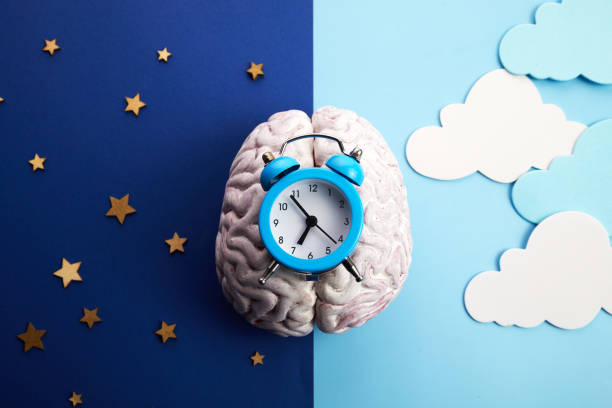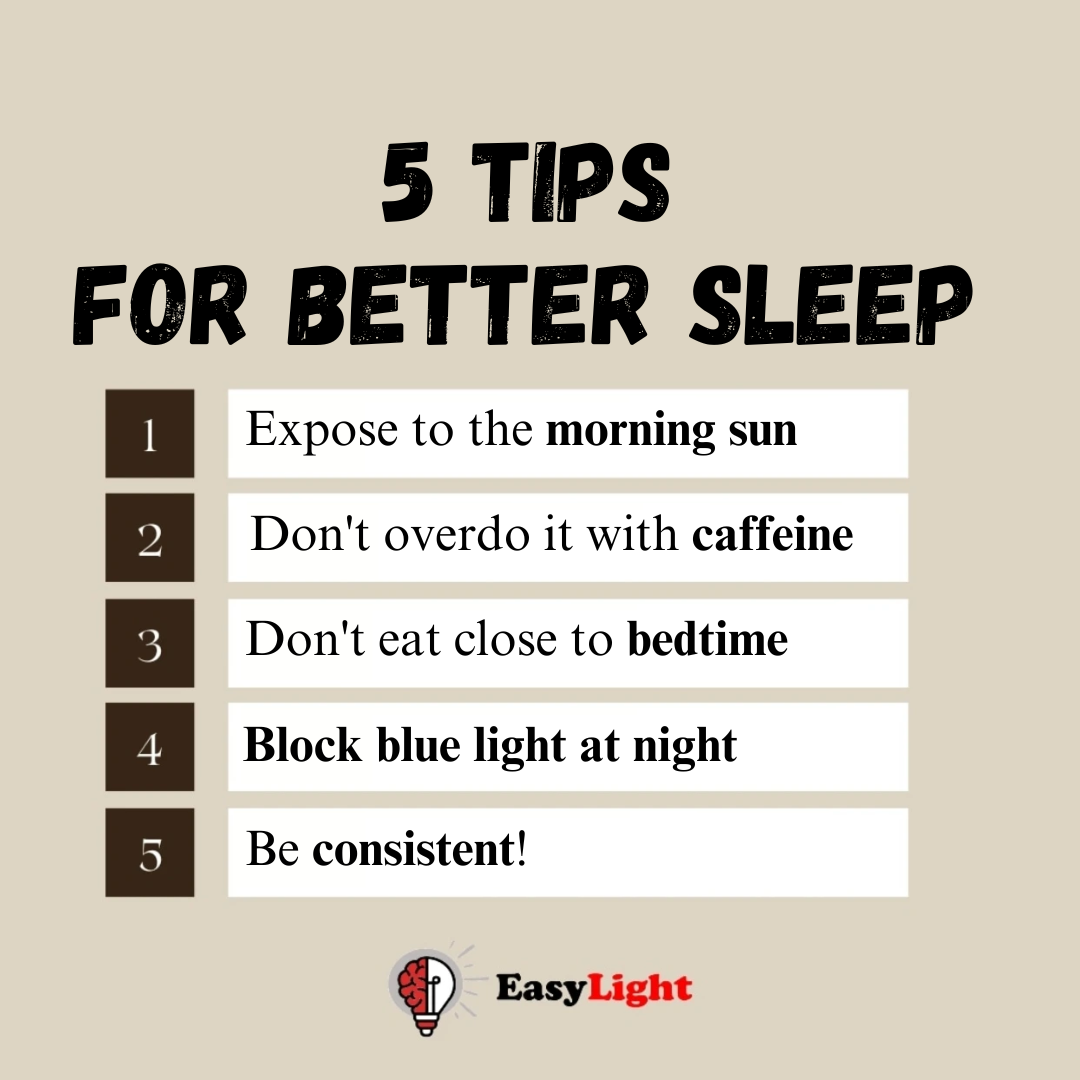Free worldwide shipping (orders over 90 USD)
Pre-sale 2026 of Maxi UVB Presale HERE
Circadian rhythm is our internal clock, which has approximately 24 hours. In today's practical article, you will find instructions on how the circadian rhythm works, what controls it and how to set it correctly.
Article summary:
Circadian rhythm jis a biological rhythm with a period of approximately 24 hours. [1] It is a complex biological system that resembles a real clock.
This complex system relies on various environmental cues, the most important of which is light. It is thanks to light that our metabolism, sleep, and wakefulness are synchronized. [R, R, R]]

How the circadian rhythm is set?
The circadian rhythm is reset and maintained primarily based on the light that our body, and especially our eyes, perceive. While exposure to natural light during the day helps regulate (and reset) our circadian rhythm and promotes wakefulness, darkness and the absence of blue light signal the body to produce melatonin, a hormone that regulates sleep. [R, R]
It is also important to remember that our body requires both sides of the coin - LIGHT and DARKNESS.
.png)
The importance of circadian rhythm in humans:
The circadian rhythm is of great importance to living creatures because it helps the body regulate all processes. From excretion and digestion of food, thinking to sleep.
Many people, especially women, are experiencing various problems today such as digestion, slowed metabolism, etc. and we often do not realize the main thing - the circadian rhythm.
So try our simple tips below and set your circadian rhythm correctly. Be consistent for at least a month and watch your body and metabolism improve!
What do you think? Are you coming to try it with us? :)
8 practical tips to fix and adjust your circadian rhythm:
Sufficient sunlight during the day is a stimulus for our circadian rhythm to "reset" and set correctly.
It is important that we are not exposed to artificial blue light from screens such as TV, computer, laptop, or mobile phone in the evening. If you must use your screen in the evening, try our red Mitochondriak blue light blocking glasses. We recommend wearing them at least 90 minutes before bedtime.
Try safe indoor lighting and blue light-free bulbs. We also recommend using them at least 90 minutes before bedtime, in rooms where you move around, such as a children's room, bedroom, or living room.
If you have one or two coffees a day and you don't have any problems, nothing is wrong. However, coffee in the afternoon can be a problem for many people and can throw off the circadian rhythm from the 24-hour norm.
Try to eat your last meal a few hours before bedtime, for better melatonin secretion and sleep quality.
Set a time for breakfast, lunch, and dinner and try to stick to it more or less throughout the week. Be consistent and your digestion and metabolism will reward you by adjusting your circadian rhythm.
7. Try to go to bed at the same time every day.
Set a bedtime that is convenient for you so that you get at least 7.5 hours of sleep and stick to it throughout the week. It doesn't matter if it's not accurate to the minute. Consistency is important.

Although it is impossible to say in general how many hours of sleep we need, because everyone has a different lifestyle, work, stress,... and other needs, studies show that for most people the minimum is 7.5 to 8.5 hours..
So try this simple experiment:
What do you think? Are you going to try it with us? :)
Sources, references and studies used: